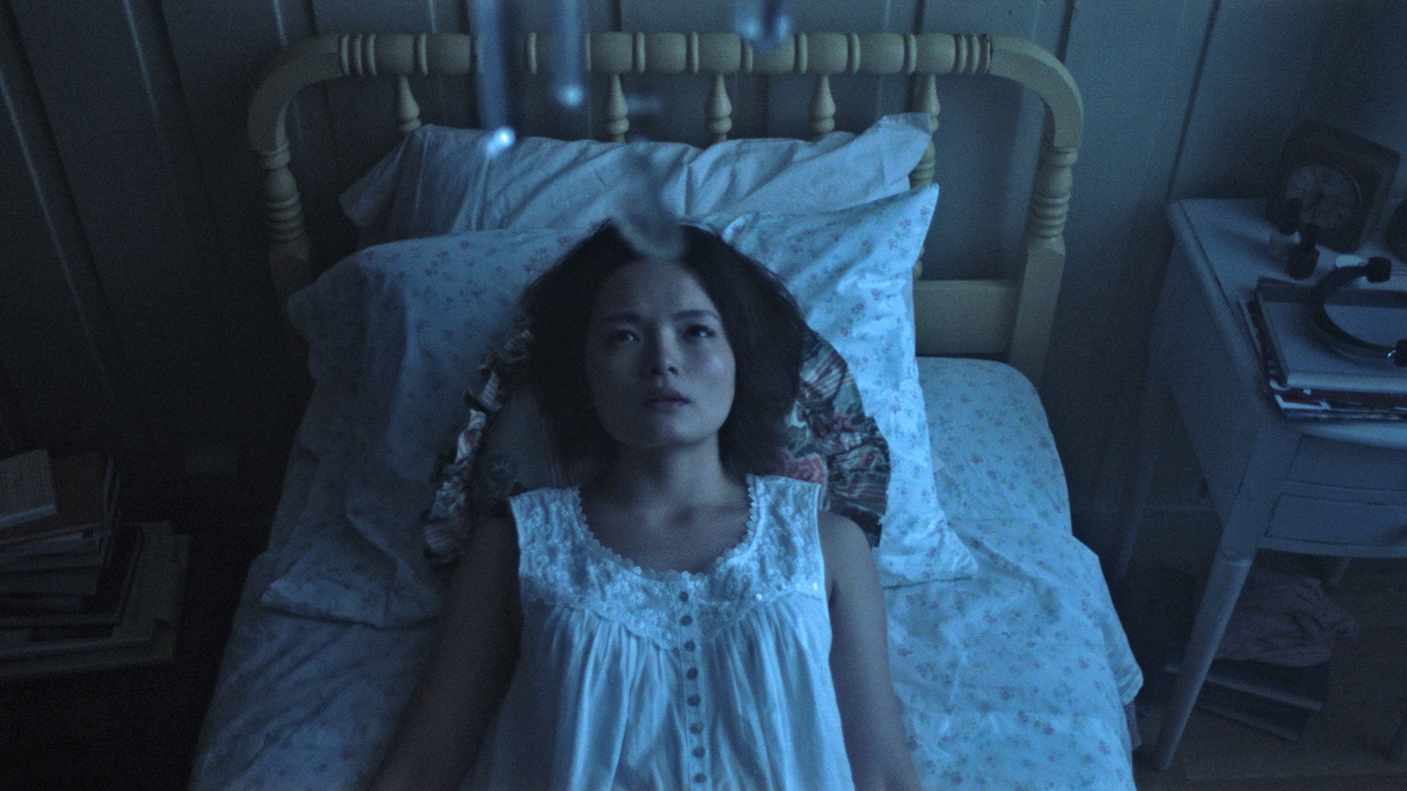It’s no secret film isn’t exactly the most progressive of the creative industries. (Think #OscarsSoWhite, the gender pay-gap, the fact that no openly queer actor has ever been awarded an Oscar while out.) But big strides are being made — the biggest, of course, Moonlight — and where better to keep making them than New York City.
This year’s Tribeca Film Festival features an exciting slate of LGBT+ films, spanning genres from long-form documentary to musical and horror. Some of the projects take place in the same NYC neighborhoods where queer pioneers have crusaded for liberation for decades. Ahead of the festival’s opening tonight, here are five unmissable LGBT+ films.
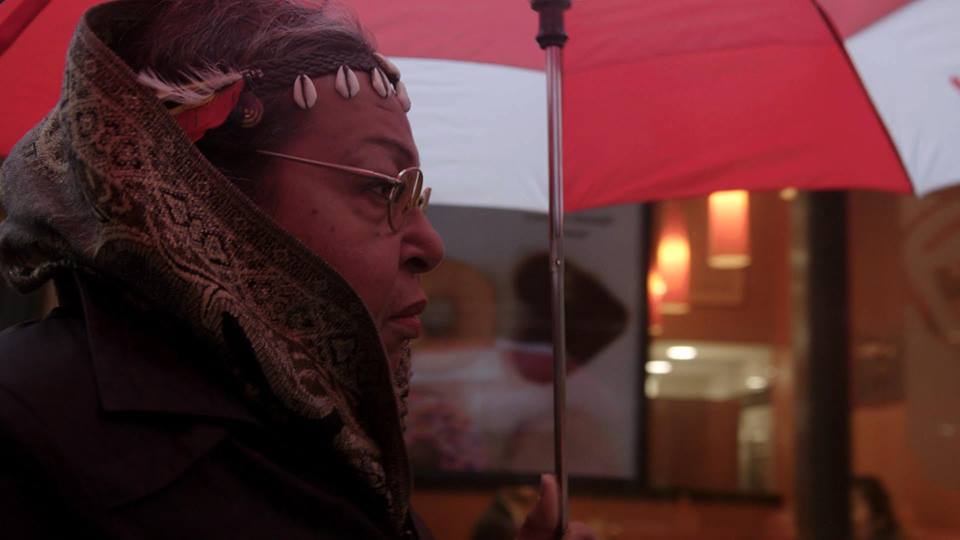
The Life and Death of Marsha P. Johnson
Earlier this year, actress Hari Nef delivered an impromptu yet incendiary speech at a solidarity rally held outside the historic Stonewall Inn. “Trans women — particularly, trans women of color — are the mothers of the LGBT movement,” she told a crowd of thousands. “I have heard it said and I believe that Marsha P. Johnson, a black trans woman, threw the first brick at Stonewall.” Helmed by David France — the Oscar-nominated director behind How to Survive a Plague — a new documentary explores Johnson’s legacy as both a self-described “street queen” and pioneering activist. Together with trans sister Sylvia Rivera, Johnson founded Street Transgender Action Revolutionaries (S.T.A.R.), a direct-action group based in the Village in the 1970s. While the documentary celebrates her legendary life, it also explores the mysterious circumstances of her unsolved death. In 1992, Johnson’s body was found floating in the Hudson River; her friends and allies have since fought to uncover the truth. France’s film follows one such activist, Victoria Cruz, on her quest to bring Johnson her justice.
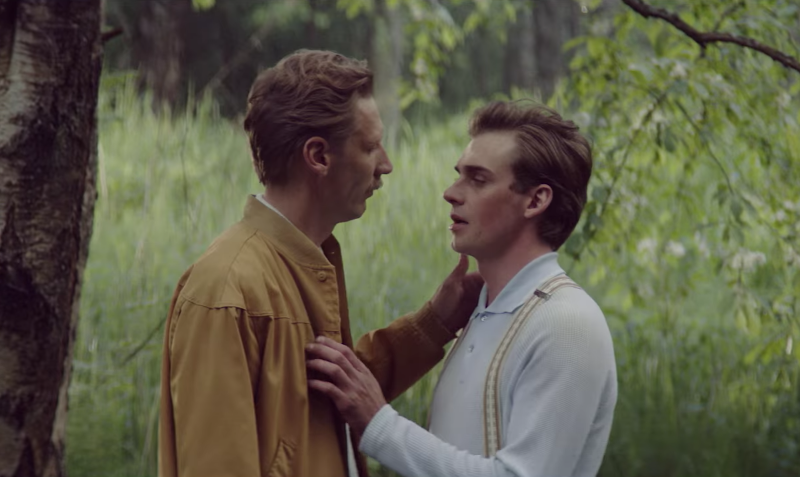
Tom of Finland
Many of us are familiar with the Finnish artist’s masterfully rendered pencil drawings of partially clothed, well-endowed bikers, sailors, cowboys, and lumberjacks. These idiosyncratic homoerotic illustrations first appeared in 1957, in an issue of Physique Pictorial edited by Bob Mizer. Following a 1962 Supreme Court ruling that laxed U.S. censorship codes, Tom’s artwork exploded in popularity. But what do we know about the man behind these iconic images? A new biopic explores the life of Touko Laaksonen, the son of schoolteachers in southeast Finland who moved to the nation’s capital in 1939. The following year, he was conscripted into the Finnish Army to serve in WWII. The film captures how the trauma of war, and of hiding his homosexuality, profoundly influenced what would lead to Laaksonen’s freedom: his drawings.
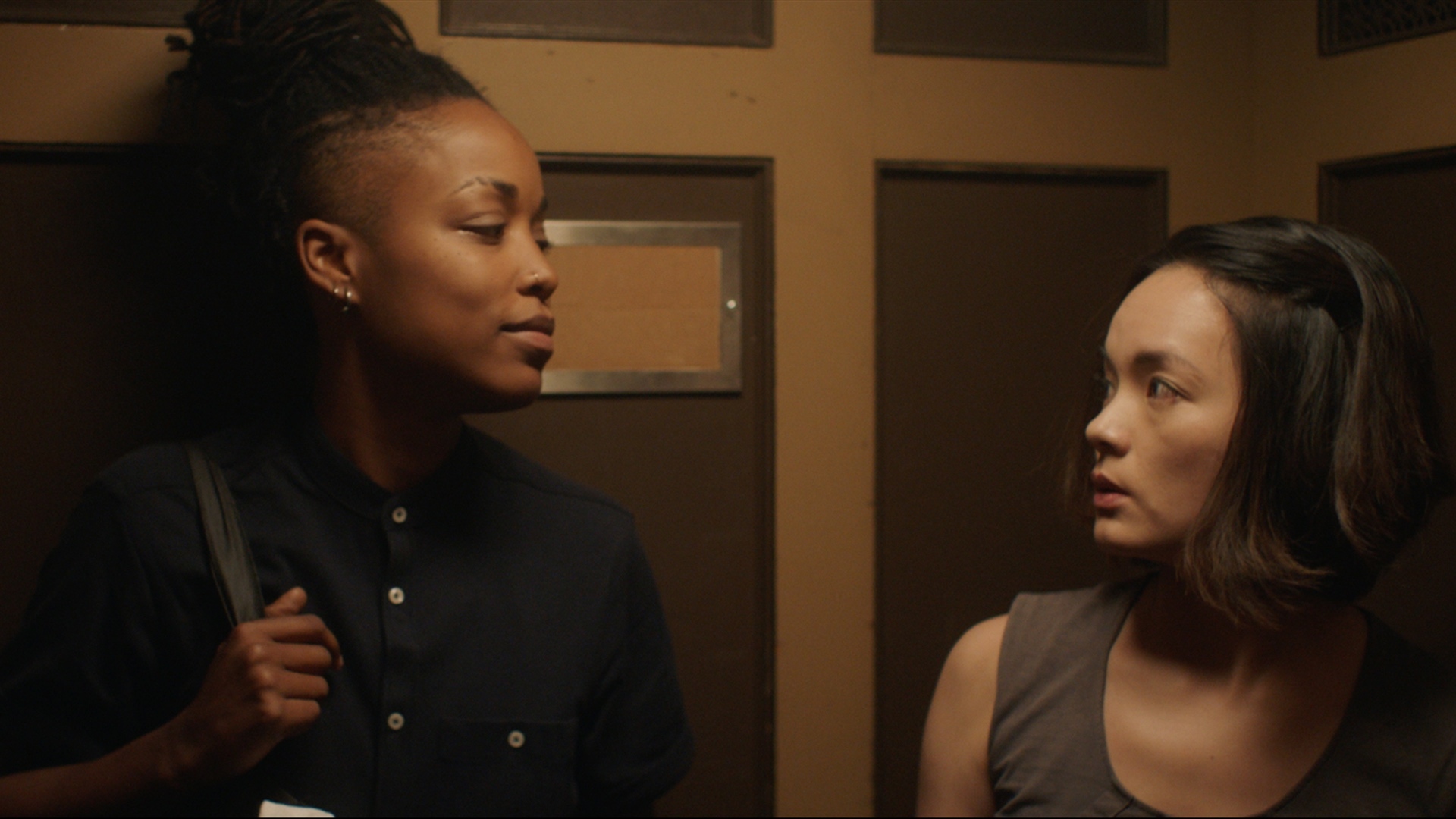
Two Sentence Horror Stories: Ma
Ma, an episode from Stage 13’s digital series Two Sentence Horror Stories, will screen as part of Tribeca’s “Out of this World: Female Filmmakers in Genre” series. Two Sentence Horror Stories: Ma features a much-explored horror film trope: mother-daughter relationships. But don’t expect a Carrie-esque tale; Ma offers a dynamic rarely seen on screen. “Like many traditional Chinese families, Mona still lives at home with her stern but loving Ma. When she meets cute Erica, their instant chemistry awakens something dormant inside. But Ma is not going to let her daughter go easily,” reads the blurb. The film is a part of “Two Sentence Horror Stories,” an anthology series with a digital bent: it’s inspired by viral fan fictions of super short spooky stories. “The ‘Two Sentence Horror Stories’ series is an extension of my love for horror, as a genre that uniquely allows us to explore social issues,” Vera Miao, Ma’s director, executive producer, and screenwriter, has said. “Ma is a classic story about the mother-daughter bond and forbidden love, but updated with diverse characters and perspectives we don’t typically see.”
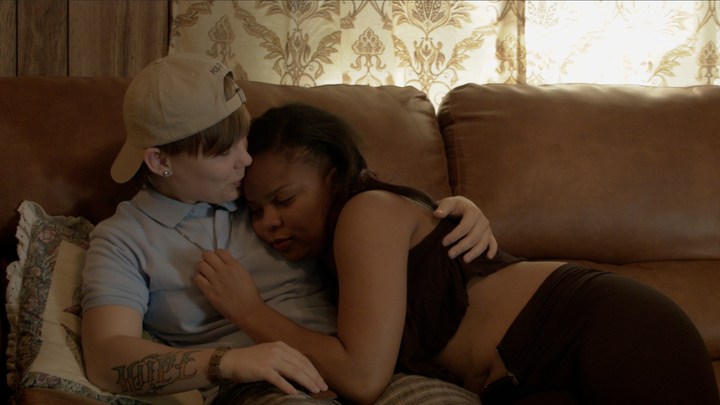
New Deep South
An episode of the web series New Deep South — which explores the development of queer culture and the realities of everyday gay life in Dixie — will screen as part of the Tribeca N.O.W showcase highlighting work created for the digital space. “The [Mississippi] Delta is one of the harshest places in America, an area still preserved with strong dynamics of history and extremely physically isolated surrounded by corn, cotton, soybean fields in all directions,” co-creators Rosie Haber and Lauren Cioffi told The Huffington Post. The series chronicles how a new generation of queer youth battles the conservative state’s long-held beliefs.

Saturday Church
This musical film makes its world premiere on Tribeca’s Feature Narrative slate. Written and directed by Damon Cardasis, Saturday Church follows Ulysses, a 14-year-old boy struggling with religion and gender identity in New York City. Under the close scrutiny of his stern aunt Rose, while his single mom works, Ulysses begins to explore his identity and sexuality. After a conflict with Rose, he flees to the Village, where — like so many before him — he finds his tribe, and the freedom to express himself fully. Seventeen-year-old actor Luka Kain finds his breakout film role playing the resilient Ulysses in this distinctly New York coming-of-age story.
Credits
Text Emily Manning
All stills courtesy of Tribeca Film Festival
